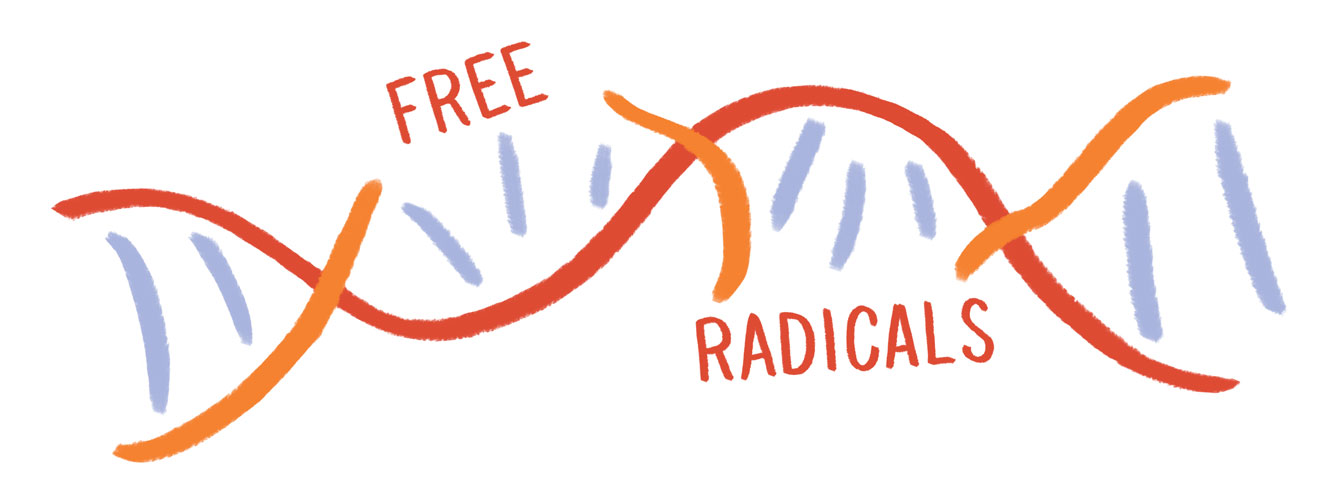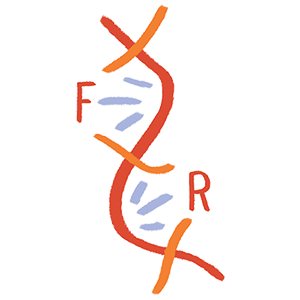
It is no secret that America has a love-hate relationship with science. While we have an undying love for smartphones, Bill Nye, and IFL Science facts, we also are the only country with a world leader who denies the science of climate change. In just his first few months, Trump has proposed massive budget cuts to science funding agencies like the National Institutes of Health, National Science Foundation, and the Environmental Protection Agency, and taken an aggressive stance against all Obama-era initiatives to curb fossil fuels. In the wake of the election, one group has emerged with a plan to Make Science Great Again: elect scientists to office.
314 Action (inspired by the number pi) is a nonprofit political action committee founded in November 2016 that supports campaigns for scientists running for office. Shaughnessy Naughton, former breast cancer researcher and two-time congressional candidate, founded 314 Action after struggling to run a campaign without access to traditional donor circles or insider Washington knowledge. The hope of 314 Action is that the more scientists in Congress, the more our government will be run on evidence-based policies, and the more support there will be for basic scientific research.
Although increasing the occupational diversity of Congress is an admirable goal (the majority of whom come from politics, business, and law), electing scientists to office seems to miss the broader systemic problem: public mistrust of science. This is especially troubling given the existential threat that is posed by climate change. According to the Pew Research Center, the majority of Americans remain skeptical of climate scientists and their proposed solutions to fighting climate change. In order to prevent the world from increasing 2 degrees Celsius (climate change’s ‘magic number’), we will need more than sympathetic politicians in office. More pressingly, we need a grassroots mobilization for transformative social change. In effect, 314 Action’s model recapitulates the top-down ‘trust us, we’re scientists’ approach, rather than any real attempts to engage with the public about scientific work.
Public engagement has long been anathema to the academy, where publishing is king and communicating with the public isn’t valued for hiring, promotions, or tenure. And when I say public engagement I don’t simply mean promoting scientific literacy or making your research accessible (although that’s certainly a start). To win back America’s trust, scientists will need to make the case about the societal importance of science, how their research betters the lives of ordinary people, and what kind of issues are at stake. Anti-science beliefs aren’t just a matter of individual ignorance, or lack of education (and in fact, scientific literacy is not correlated to things like belief in climate change). Rather, they have emerged because of the insular and elitist culture of the academy that doesn’t value the perspectives and livelihoods of those outside of the Ivory Tower.





